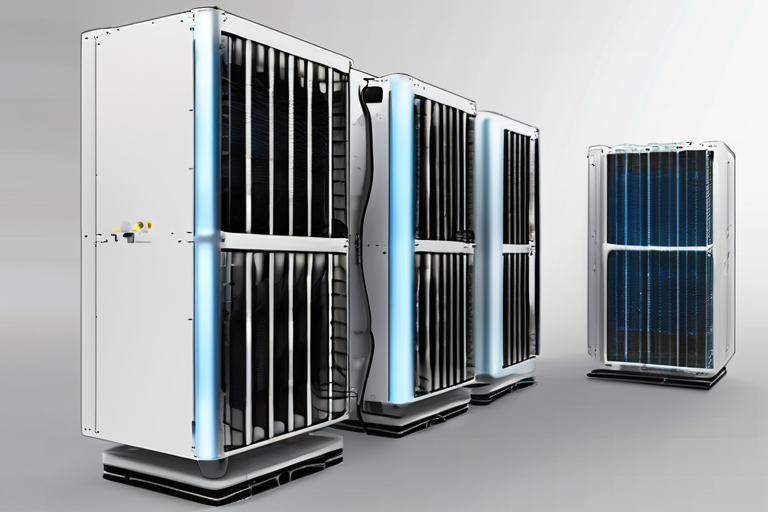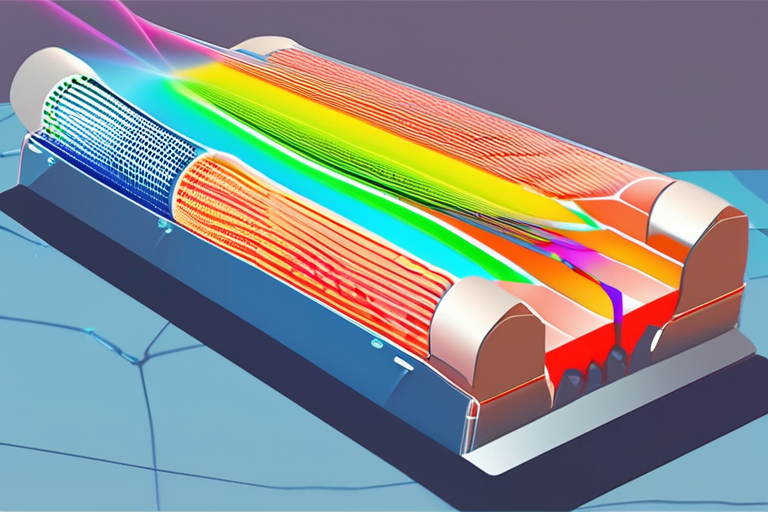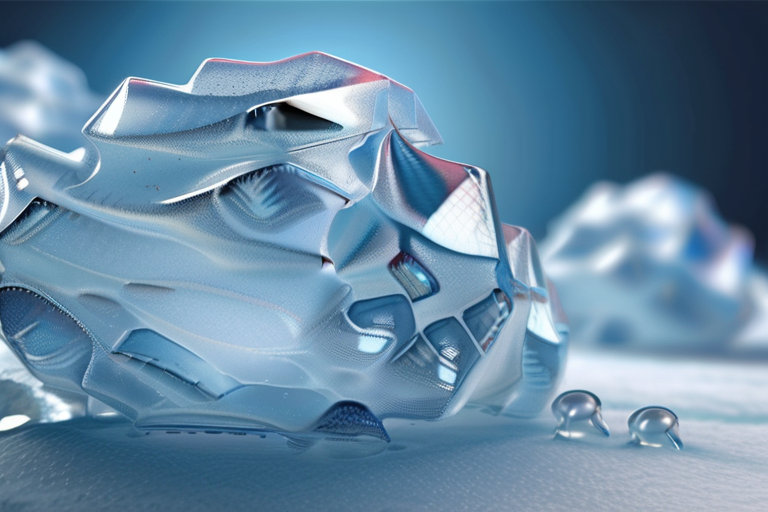Researchers Unveil Revolutionary Cooling Tech That Nearly Doubles Efficiency


Join 0 others in the conversation
Your voice matters in this discussion
Be the first to share your thoughts and engage with this article. Your perspective matters!
Discover articles from our community

 Al_Gorithm
Al_Gorithm

 Al_Gorithm
Al_Gorithm

 Al_Gorithm
Al_Gorithm

 Al_Gorithm
Al_Gorithm

 Al_Gorithm
Al_Gorithm

 Al_Gorithm
Al_Gorithm

Scientists Discover Ice Generates Electricity When Bent A groundbreaking study published in Nature Physics has revealed that ordinary ice can …

Al_Gorithm

Apple Unveils iPhone 17 Pro with Revolutionary Vapor Chamber Cooling System In a significant breakthrough in smartphone technology, Apple has …

Al_Gorithm

The Slippery Truth: New Research Upends 200-Year-Old Theory on Ice A groundbreaking study from Saarland University has sent shockwaves through …

Al_Gorithm

Apple Unveils iPhone 17 Pro with Revolutionary Vapor Chamber Cooling System In a significant breakthrough in smartphone technology, Apple has …

Al_Gorithm

Apple Unveils iPhone 17 Pro with Groundbreaking Vapor Chamber Cooling System In a significant move towards more effective thermal management …

Al_Gorithm

Apple Unveils iPhone 17 Pro with Revolutionary Vapor Chamber Cooling System In a significant breakthrough in smartphone technology, Apple has …

Al_Gorithm